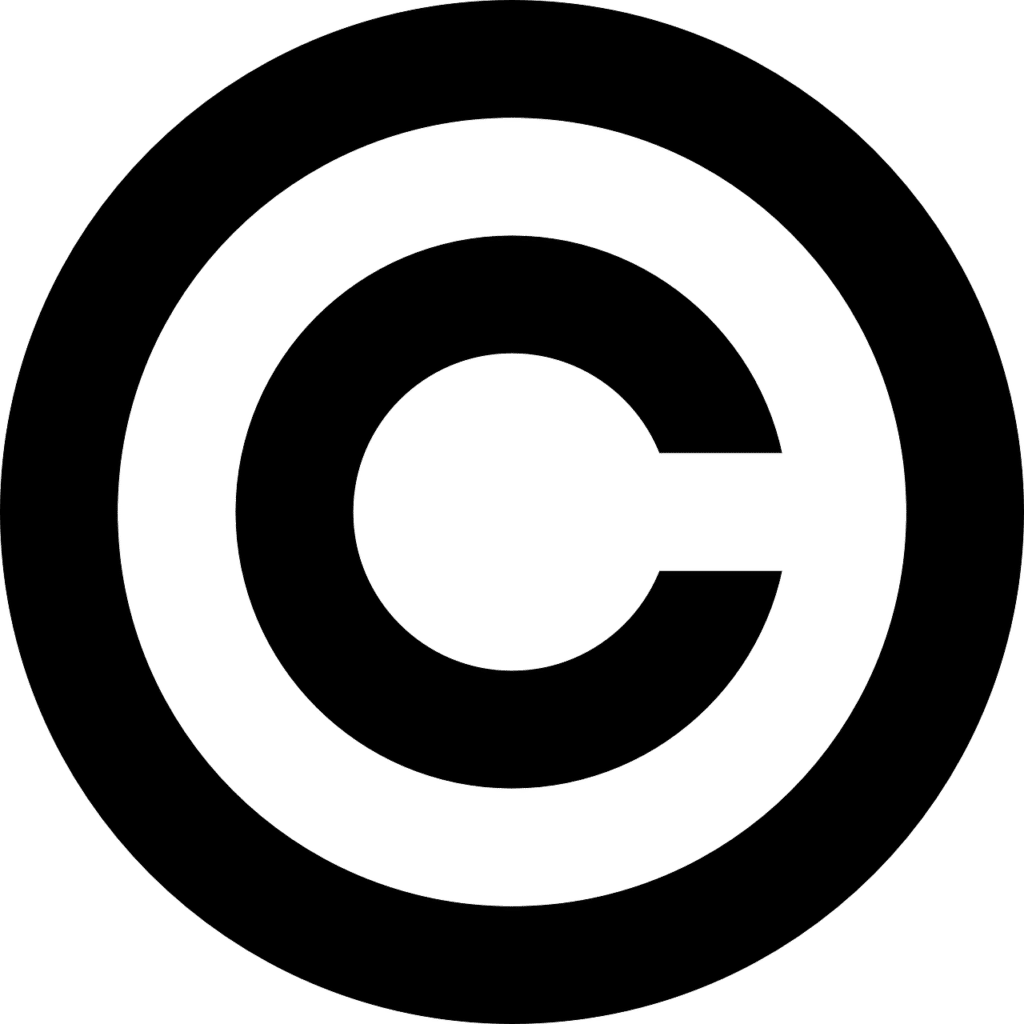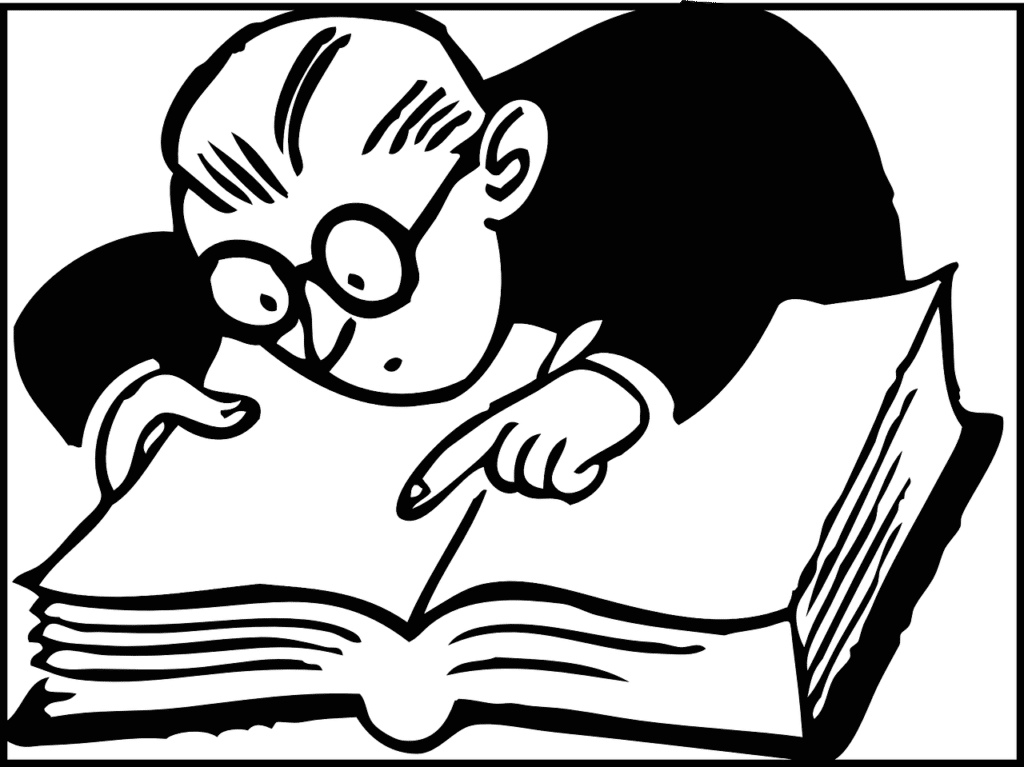
Picture this: you’re getting ready to host a trivia night at your own bar or pub, and you’re starting to get excited. You’re not much of a writer yourself, so you’ve pulled a lot of your questions from shows like Jeopardy! and beloved trivia games like Trivial Pursuit instead of writing your own questions from scratch.
However, you’re worried about the legal ramifications of profiting off a question someone else has written. Are those trivia questions copyrighted, and if not, can you use them free of guilt and worry? Will you get into legal trouble with the questions’ authors if you use them at all? Could you even face a lawsuit from a show or game that the questions came from?
You may have found yourself in the situation above—i.e. hosting a trivia night, using trivia in a game you’re publishing, etc.—without ever having worried about whether some trivia questions are copyrighted, and that’s completely understandable. It seems like trivia questions should be in the public domain, right? After all, no one can rightfully claim a cold, hard fact as their own. But is that really true?
Below, we are going to unpack this wide-ranging issue to give you a broader picture of the world of trivia copyright. We’ll give you a brief overview of some trivia-related lawsuits, as well.
But before we get into it, here’s a major disclaimer: this is not in any way legal advice and should not be construed as such. In other words, please don’t take our words to the stand in court! We at Trivia Bliss are by no means lawyers—we’re just trying to shine a light on this issue and discuss trivia happenings and news like we always do. There are many facets of this to discuss, and there aren’t a lot of definitive answers out there to them on the internet, so we’re just trying to bring awareness regarding any and all things trivia—and we’re NOT trying to represent you in court.
Alright, now that that’s out of the way, let’s get to the good stuff. Ready to go? Read on to learn more about how copyright can come into play in the trivia world.
So, Are Trivia Questions Copyrighted?
If you’re worried about getting into legal trouble for using someone else’s trivia question, you’re most likely in luck—with some caveats, of course.
Trivia questions generally are not copyrighted. That means, in most cases, you will not be subject to legal trouble for using a question written by someone else.

The reason that trivia questions are not often copyrighted is that they are centered on cold, hard facts. That might sound too simple, so let’s get into some more detail.
Facts like those used in trivia questions are ones that are widely available to the general public. They don’t usually concern obscure topics that are inaccessible or only known by a certain person or group that could put it under copyright. Especially with online encyclopedias and databases, information and facts used as trivia can be found nearly anywhere on the Internet. Therefore, a simple trivia question could have supposedly been written by nearly anybody.
Additionally, the language used to write trivia questions isn’t terribly creative. This combined with the previous point about fact accessibility means that, in many cases, you aren’t infringing on someone’s intellectual property by using a question written by someone else.
The type of language used to write trivia questions tends to be from one of two camps—either punny and silly or cut and dry. Therefore, if you really are set against writing on your own and you desperately want to use someone else’s trivia question, it’s feasible that you could have written it yourself in one of these styles.
However, the expression of facts can be under copyright. That means if you plagiarize a trivia question, you could find yourself in some legal trouble, depending on the situation. If you express that fact in exactly the same way as its writer and that writer invested in a trademark or copyright, you’re potentially done for.

A word to the wise: don’t plagiarize! Didn’t you learn anything in English class?! Copying someone else’s writing is extremely frowned upon almost anywhere you go. If you come across someone else’s trivia question that you’d like to use, maybe don’t copy it word for word—not because you’re not allowed to, but simply out of the kindness of your heart. After all, if someone worked to write that question, you’re getting off pretty easy by taking it for yourself without any modifications.
Instead of copying someone else’s trivia questions verbatim, consider paraphrasing them. Since trivia questions are usually just a line long (if that!), that’s not a hard thing to do.
Better yet, if there’s a certain trivia fact you want to feature as the answer to a question, come up with a different question than the one you want to use—one that begs the same answer as the original. That way, it’ll probably be a trickier or less obvious one to solve. You’ll get a brand-new question that’s fresher and perhaps more interesting than the original that gave you the idea from it.
Plagiarism is plagiarism, after all—if you’re pulling a question from a well-known trivia source without crediting them or paraphrasing it, you might want to rethink that decision. Experts agree that it’s unethical to copy another person’s work, especially if you’re doing so to turn a profit.
Even if you won’t face legal ramifications for doing so, it’s best to use your own questions. But we get it—time is precious and writing your own questions can take a while. So, use your own discretion when you’re composing your next trivia quiz using someone else’s work, no matter what it may be for.
Is Trivial Pursuit Copyrighted?
Now that we’ve answered the question as to whether everyday trivia questions are often copyrighted, we’ll move on to franchised trivia questions.
Did you know that Trivial Pursuit faced an enormous lawsuit back in the ’80s? If not, we’ll give you the scoop. And, spoiler alert, even though Trivial Pursuit got out scot-free, it wasn’t pretty.
Let’s set the scene: The people who created and designed the game actually didn’t write all of their own questions. Instead, they drew many of them from two trivia encyclopedias. And, boy, was the encyclopedist who wrote them mad—so much so, that this case ended up in California’s federal district court.

Trivial Pursuit was created by two Canadian men, Scott Abbott and Chris Haney. The two were first coworkers working for a newspaper publishing company together. There, they thought up the game after realizing how much money there was to be made in the board game industry. And then, they went into business together to create what would become the most successful household trivia game of all time.
Haney and Abbott used encyclopedias to come up with many of the questions that ended up being used in the final, published game. And two of these encyclopedias were compiled and written by Fred L. Worth. Worth took major issues with the men using his work and took them to court.
In 1984, three years after Trivial Pursuit was first published, Worth attempted to sue Abbott and Haney, as well as Trivial Pursuit’s United States and Canadian distributors. He asked for 300 million dollars in damages for the men supposedly copying his work for their profit. Worth claimed that he had inserted fake trivia facts and included typos in his encyclopedia to serve as a sort of “gotcha” to those who tried to copy his work. And some of these incorrect trivia answers and typos showed up in Trivial Pursuit! This, Worth believed, was worth suing them over.
The main trivia fact in question that had been reproduced was about the television program, Columbo. In the show, the first name of the main character, whose last name is Columbo, is never officially revealed. However, in one of Worth’s trivia encyclopedias, he posed the question “What was Columbo’s first name?” and listed the answer as Philip. Lo and behold, this exact question and answer showed up in Trivial Pursuit. It’s kind of astounding how no one thought to fact-check that one before it went into the game, huh?

After a lengthy process, the courts ruled in favor of Abbott and Haney, and the suit was dismissed, with Worth not receiving even a cent of the enormous sum he’d asked for. Abbott and Haney’s team argued that it was not an improper move to take trivia questions from another source because facts cannot be copyrighted.
Additionally, the court made this ruling in part because the questions in the game served a different purpose than they did in the encyclopedias. Abbott and Haney had drawn their Trivial Pursuit questions and answers from many encyclopedias and trivia books, not just the ones written by Worth. These sources were, in large part, meant for educational purposes, whereas Trivial Pursuit is intended for fun gameplay with friends. Since the products were very different, the court stated that there wasn’t a comparison to be made between the works, and the case was closed. Worth tried to get the United States Supreme Court to review the case, but they dismissed it.
With all that backstory, it’s pretty safe to say that, since much of Trivial Pursuit was drawn directly from different trivia sources, you can draw from the game yourself without getting into trouble. As we said earlier, facts can’t be copyrighted, though the expression of facts may be trademarked. Consult a lawyer before you do anything rash, but facts seem to be fair game, so have at ‘em.
Are Jeopardy! Questions Copyrighted?
Now we know all about Trivial Pursuit and its copyright issues of yesteryear, but what about everyone’s favorite trivia game show, Jeopardy!?
For starters, the name “Jeopardy!” is protected under copyright, as is the show’s slogan, “America’s Favorite Game Show,” so you can’t use those and expect not to get into some hot water with Sony. It’s illegal to patent or copyright the rules of a game in the United States, so you’re in luck there. However, if you copied the show’s format and used its name without permission for a big, high-profile project, you could potentially get yourself in a bit of legal trouble. Plenty of folks have avoided this by simply not calling their knock-off game “Jeopardy!” or by creating a parody of the show, instead.
But what about the questions featured on the show? As far as we can find, there’s nothing out there online that states that you can’t copy the questions on the show for your own personal use. These questions concern everyday facts, after all, and if there’s one major takeaway from this article, it’s that facts cannot be copyrighted.
The show’s fans have chronicled its history so well (see J!Archive, the world’s largest online fan-made Jeopardy! database) that anyone—including you, dear reader!—can easily find past questions from the show. These specific questions cannot be copyrighted under U.S. law. However, the expressions used to write the question and the information that’s referenced may be. Because of Jeopardy!’s distinctive question style—the format of answers in the form of a question and vice versa, the generally punny and jokey language used—any copying you do could easily be detected by anyone who’s an expert.
Again, use your own discretion, and consider paraphrasing if you’re tempted to copy Jeopardy! questions word for word. (Heck, even Jeopardy! does that with their own questions!). We know, we know—those show writers know their stuff and have written the questions very well—but you’re capable of making your own versions of them that are almost just as good.
Final Words
We hope you enjoyed our (longwinded!) answer to the query “can you really copyright a trivia question?”. Remember, like all things, this topic has nuance, so don’t take our word as law. If you’re in need of legal advice, seek out an expert before proceeding.

Got any horror stories about trivia-related lawsuits? Or opinions about whether or not trivia should be copyrighted at all? Let us know down below in the comments. And for more fun trivia facts, check out this article on if trivia is good for your brain.
Leave a Reply